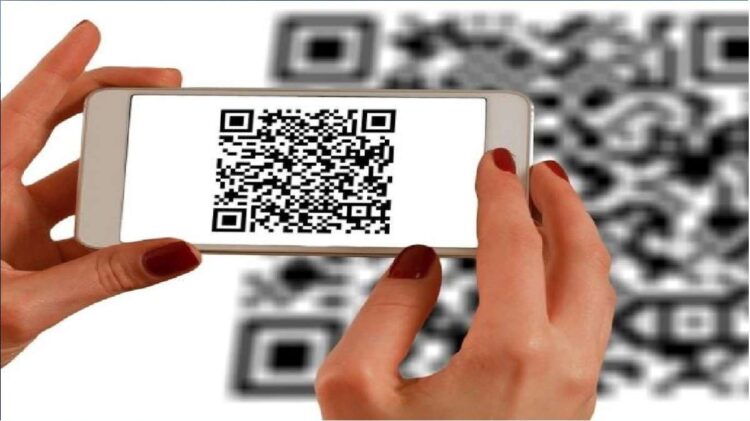UPI Transaction
There is good news for crores of UPI users of the country. Now, if you fail transactions from UPI or get stuck, you will not have to wait for many days. Will get money quickly. Indeed, the National Payment Corporation of India (NPCI) has now automated the acceptance and rejection process for chargeback requests. If you have failed the UPI transaction and you have not yet received the refund, then you have to request the chargeback from your bank. This request raised by your bank will now be disposed of faster than before, as the process of accepting or rejecting it has become automated. That is, the refund will be released in a short time due to the speed of the process.
Circular issued on 10 February
In a circular issued on February 10, 2025, NPCI has said that under the new rule, a chargeback request on the basis of Transaction Credit Confirmation (TCC) or Return Request (RET) filed by the beneficiary banks has either accepted or rejects or reject Will be given. TCC or RT acts as a communicator about the situation of transactions, shows whether the money is with the beneficiary bank. If the money is already with the beneficiary bank, the transaction is considered successful, and there is no need for chargeback requirement. If for some reason the money could not be deposited in the beneficiary bank, it will be returned to the sector bank customer. The entire process included the first manual matching. It has now been automated.
Automated process started from today
Experts say that this is an important step towards making UPI transactions easily and effective in the event of failure. The new automated process is starting from 15 February 2025 i.e. today. The situation will be better with the implementation of the revised chargeback process. Often, the chargebacks are started by the remittance banks before the beneficiary banks take action on the transactions considered by UPI, as the current process allows banks to increase the chargeback beyond T +0 in URCS, Due to which the beneficiary banks do not get enough time to cover and process the Return (RET)/TCC before taking the form of chargeback of dispute. There are many examples where beneficiary banks have increased RET and have not investigated the status of returns.
Latest business news






